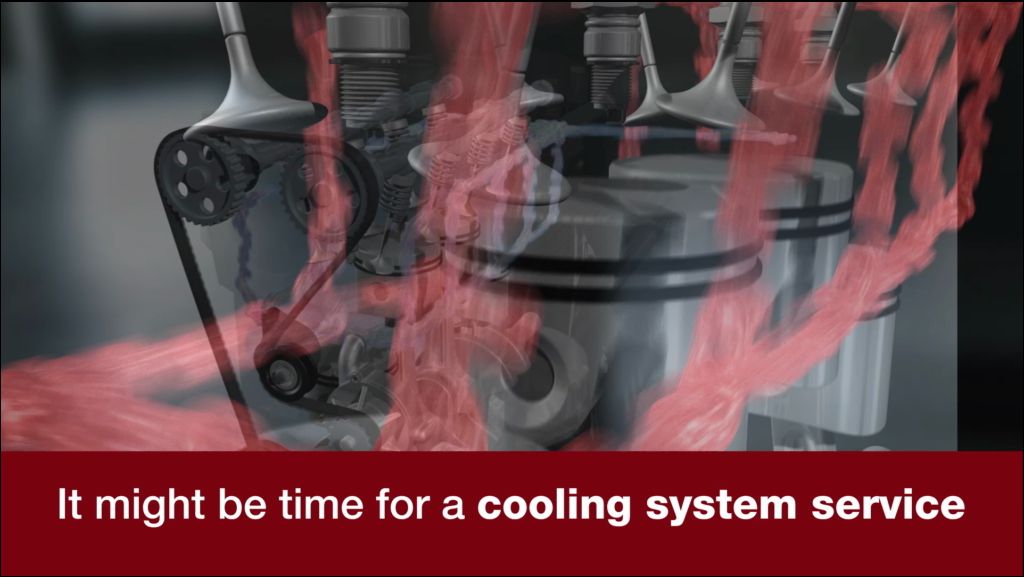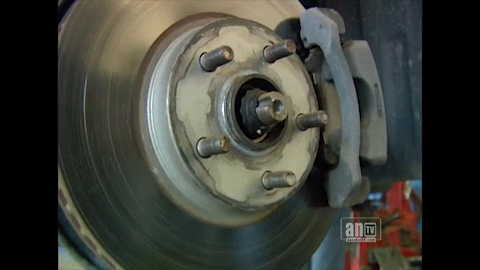A clean connection is a wonderful thing. Think of a good cell phone signal or an airline connection with ample time and short distance to the next gate. Good connections are also important for your vehicle’s battery, and one secret to that is to make sure it’s periodically cleaned.
If it’s been a while since you have had any service to your battery, bring it in so we can inspect it for any corrosion that might have formed. Corrosion on the battery terminals will affect the connection between the battery and your vehicle’s electrical system. The amount of corrosion you can expect can be influenced by such things as the kind of climate you live in (dry or humid, warm or cold), if there’s lots of salt on the roads and how old your battery is.
We have tools and chemicals to safely remove the corrosion for an optimal electrical connection. In order to reduce the amount of corrosion re-forming on the battery, we’ll apply a special protective coating.
It’s also important to have your battery tested, especially if it’s more than a few years old or hasn’t been tested in a while. Our equipment can measure how well a battery holds a charge and how much more life you should expect from it. We can discuss when you might expect to buy a new one, since a battery is definitely the kind of thing you don’t want to have fail you when you’re least expecting it.
Tylers Auto TV
12485 SW MAIN ST
TIGARD, OR 97223
(503) 639-5588
http://www.tylersautomotive.com


